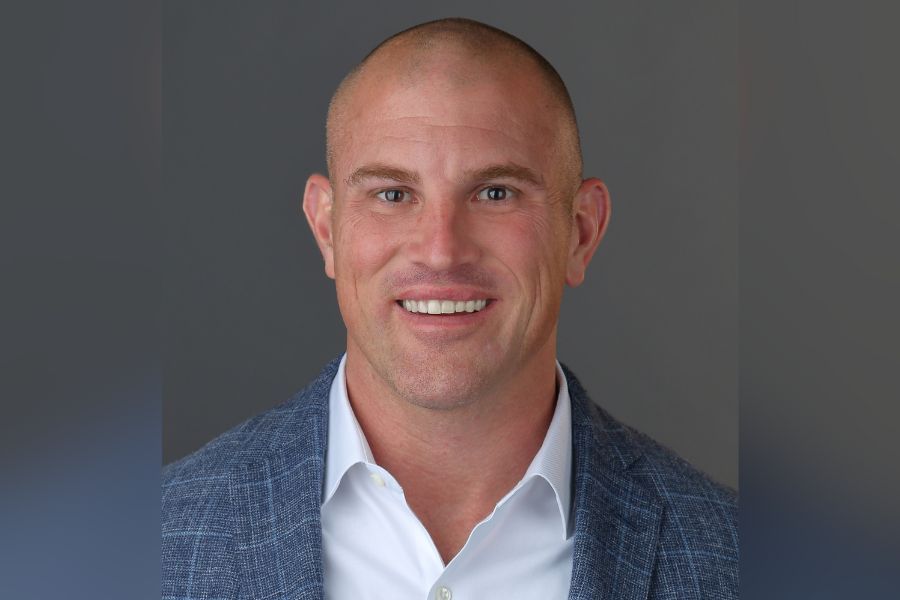Frequently asked questions on the DOL fiduciary rule’s FAQs
The Department of Labor's 24-page document on frequently asked questions on the fiduciary rule inspires even more questions from the advisory industry than it answers.
On Thursday, Oct. 27, the Department of Labor released a 24-page document answering 34 frequently asked questions about its new regulation that creates a fiduciary standard for retirement accounts.
From the volume of calls I have received since, it appears that perhaps the DOL should issue another FAQ section about its FAQs. I will attempt to fill the void, at least in the sections pertaining to recruiting and compensation:
1. Is this headhunter Armageddon? Or, as one adviser asked, does this mean that the deal I always thought would be there for me, and I secretly counted as part of my net worth, is no longer a possibility?
FAQ 12 addresses recruiting bonuses, and it makes it clear that “back-end” incentives will not be allowed under the best-interest contract exemption. As of this writing, at least one major firm has apparently, according to numerous reports, reduced its offers to recruits.
I believe that more often than not firms will give the same types of deals they always have, while stipulating that the production on the back-end that is used to calculate the bonus will exclude BICE revenue.
Yes, some firms will try to use this as an excuse to cut back on their deals. Yes, firms would prefer to be able to hire top producers for some fraction of what they have to pay them now. I would prefer to be 6’2” and have all of my hair. However, the overriding dynamic that drives the frenetic recruiting environment in the wealth management industry is basic supply and demand. Successful new advisers are rare; older advisers are retiring. With every firm competing for the same finite group of advisers, their value will remain high.
But I do see challenges on the horizon. Advisers who are still generating most of their revenue with traditional commissions will become less valuable. The industry is anticipating some version of a fiduciary standard in nonretirement/taxable accounts in the future. It therefore makes sense that successful commission-based practices will command a lesser deal than successful fee-based practices. Simply put, I see a more bifurcated market in the near term where the top advisers (compliance-clean, fee-based, big assets, holistic planners and wealth managers) will command an even higher price/deal while those who do not meet all these criteria will command a much lower price/deal.
2. What will happen to traditional grids? Will brokerage firm compensation change?
FAQ 9 clearly addresses grid compensation. While the industry has moved away from product-specific compensation over the last decade, some conflicts still exist. Compensation plans historically have encouraged certain behaviors, like lending or bank referrals. That will have to change.
The FAQ document singles out retroactivity as a problem. Many firms employ a retroactive grid, which compensates advisers for revenues generated back to dollar one as they reach certain thresholds. Some firms have hybrid grids, which are retroactive up until a certain production threshold and then are incremental beyond that. Firms will either have to create separate grids for DOL-affected accounts and non-DOL affected accounts or change the entire grid to be in compliance with the regulation.
3. Where are these BICE documents anyway?
While Merrill Lynch has said that it will not allow a best-interest contract (it actually will but for very limited types of situations), other firms have said that they would. Or will. A bit of a marketing war has ensued: fiduciary standard versus client choice. It’s not as interesting as “Less filling, tastes great,” but it’s all we have.
As of this writing, however, none of the firms have actually produced the document which they will use. Everybody apparently wants to wait for the other guy to go first, employing, as one senior Merrill Lynch adviser told me, “The Price is Right” strategy of going last. It is possible that these best-interest contracts will vary enough to affect client and adviser movement all by themselves.
But best-interest contracts can change, just like compensation grids, transition deals and regulations. What will not change is that top advisers who have great track records of productivity, performance, compliance and fiduciary adherence will continue to command a premium for their services. Creativity, driven by the laws of supply and demand, will find a way to make deals attractive while still adhering to new regulations.
Danny Sarch is the founder and owner of Leitner Sarch Consultants, a wealth management recruiting firm based in White Plains, N.Y.
Learn more about reprints and licensing for this article.





